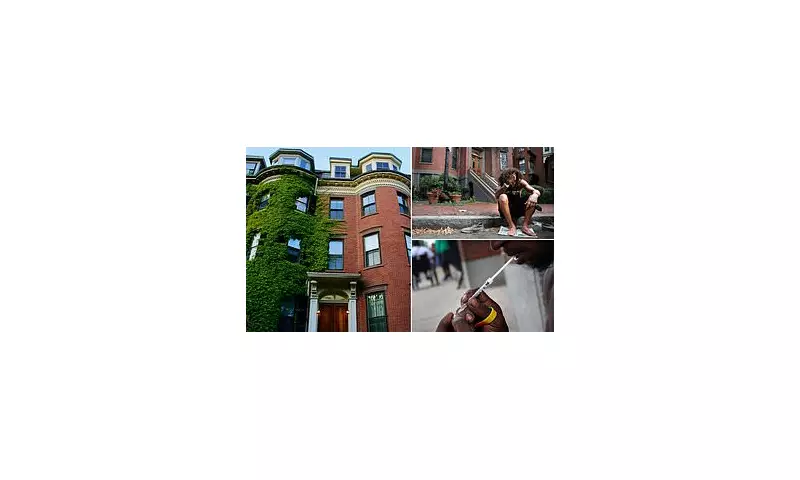
The historic streets of Boston's South End, once celebrated for their Victorian brownstones and cultural diversity, are now the backdrop to a deepening social crisis that has residents and business owners demanding immediate intervention.
A Neighbourhood Under Siege
Walking through the South End today reveals a stark contrast to its genteel reputation. Residents report witnessing open drug use in broad daylight, with used needles littering parks and public spaces. The situation has escalated to the point where many long-time inhabitants no longer feel safe in their own community.
"We've seen a dramatic deterioration over the past year," one resident disclosed. "What was once occasional has become a constant presence. Our children can't play in the parks, and elderly residents are afraid to leave their homes."
Business Impact and Community Response
Local businesses are feeling the strain, with several reporting decreased foot traffic and increased security concerns. Shop owners have invested in additional lighting and security measures, but many feel these are temporary solutions to a growing problem.
The community has mobilised through neighbourhood watch programs and regular meetings with city officials. However, residents express frustration at the pace of change and are calling for more comprehensive solutions that address both the symptoms and root causes of the crisis.
Police and City Hall Respond
Boston Police Department confirms increased patrols in the area but acknowledges the complex nature of the challenge. "We're dealing with interconnected issues of addiction, mental health, and housing insecurity," a department spokesperson explained.
City officials point to ongoing initiatives aimed at providing shelter and addiction services, but admit that current resources are stretched thin. The mayor's office has promised additional funding for social services in the upcoming budget, though specific details and timelines remain unclear.
The Human Cost
Behind the statistics and policy debates are real people caught in desperate circumstances. Social workers report that many of those living on the streets are dealing with multiple challenges, including mental health issues and substance abuse disorders that require specialised, long-term support.
Advocacy groups emphasise that punitive measures alone won't solve the problem. "We need housing-first approaches combined with accessible treatment options," said one homelessness advocate. "Without addressing the underlying issues, we're just moving people from one neighbourhood to another."
As the debate continues, South End residents remain caught between compassion for those struggling and concern for their neighbourhood's future. The situation represents a microcosm of urban challenges facing cities across the United Kingdom and beyond, testing the balance between community safety and social responsibility.





